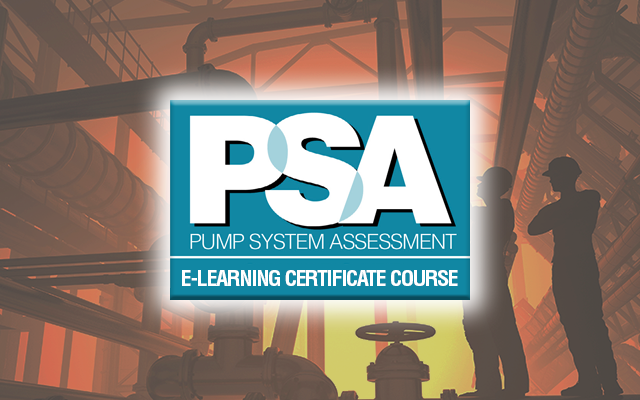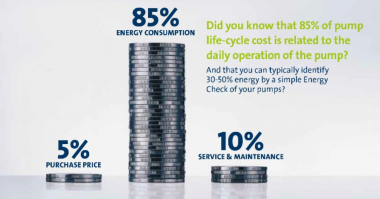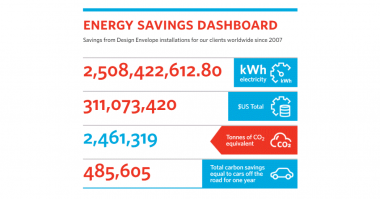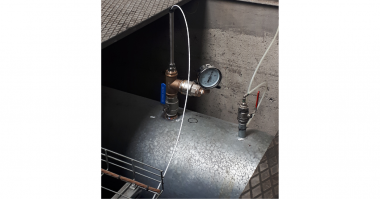Author: Mark Sullivan, Director, Education and Marketing, Hydraulic Institute
Manufacturing plants, commercial buildings and municipalities rely on pumping systems for daily operations. In the manufacturing sector alone, pumps represent 27% of electricity used by industrial systems. As pumping systems across all industrial sectors constitute the highest energy use, they also represent the greatest potential to save energy and reduce maintenance-related expense.
While the maximum attainable efficiency for rotodynamic pumps depends on the design rate of flow and impeller type, pumps generally pumps should operate near their best efficiency point rate of flow to minimize energy consumption and maximize reliability. Due to system interactions, operating efficiency is often considerably less than the attainable maximum.
When not optimized for best efficiency, pump systems drain corporate profits due to higher energy and maintenance costs. To help pump users run more efficient systems, a pump system assessment can identify problem areas and highlight opportunities for system improvement. In fact, energy savings of 20 to 40% are often possible after implementing the recommendations made through a formal pump system assessment.
A new Pump Systems Assessment (PSA) Certificate course from the Hydraulic Institute teaches the essential processes, steps and proven methodologies to manage and conduct complex pumping systems audits and identify high-value optimization opportunities in industrial or commercial applications. As the savings potential associated with optimizing pumping systems generally far exceeds other cost savings approaches, pump owners and operators should understand the general concepts of a pump system assessment and the value it can bring.
The self-paced, online PSA Certificate course provides core knowledge to understand and manage a pump systems assessment within different industrial and commercial sectors. The eight-part program covers topics such as hydraulic systems behavior, understanding the interaction of pumps and system components and outlines methods to collect, measure, analyze, document, and manage conclusions in a pump systems assessment process.
“This PSA Certificate Program is one way we can connect HI’s knowledge and expertise to the needs of the end-user and energy efficiency community.” notes Michael Michaud, Executive Director, and the Hydraulic Institute. “The PSA program will help organizations integrate what HI has long-taught through its best-selling pump system optimization course into a methodology that can be integrated into an organization’s processes – and ultimately their culture. Pump System Optimization shouldn’t be a one-time effort. We hope that through HI’s programs, on-going assessments can become embedded into the maintenance, operational and management culture of pump-intensive industries.”
The online PSA course, with fully integrated module testing, is ideally suited for professionals who work in energy management, power generation and engineering consultants as well as those who operate and maintain any pumping system. This PSA Certificate course is part of a growing suite of educational programs coming from the Hydraulic Institute that focuses on the fundamentals of pumps and pumping systems.
The PSA Program offers eight professional development hours and a certificate of completion for $499 per participant. The program is available now at http://estore.pumps.org/Education/eLearning/PSA-Certif-Course.aspx. For more information on the PSA Program, contact Mark Sullivan, Director, Education and Marketing, Hydraulic Institute at msullivan@pumps.org or call 973-349-5329.





Comments